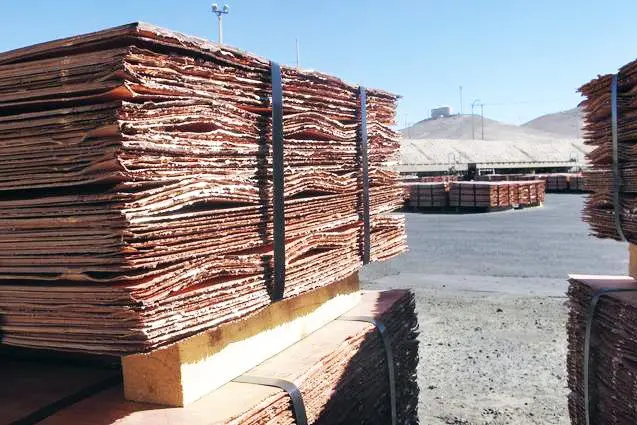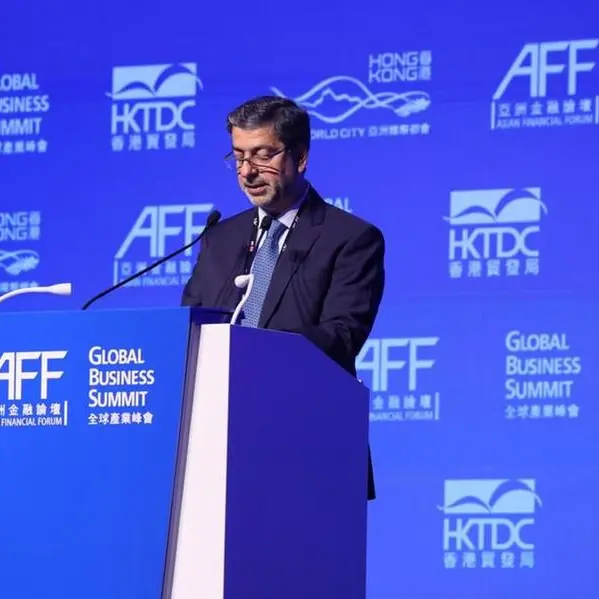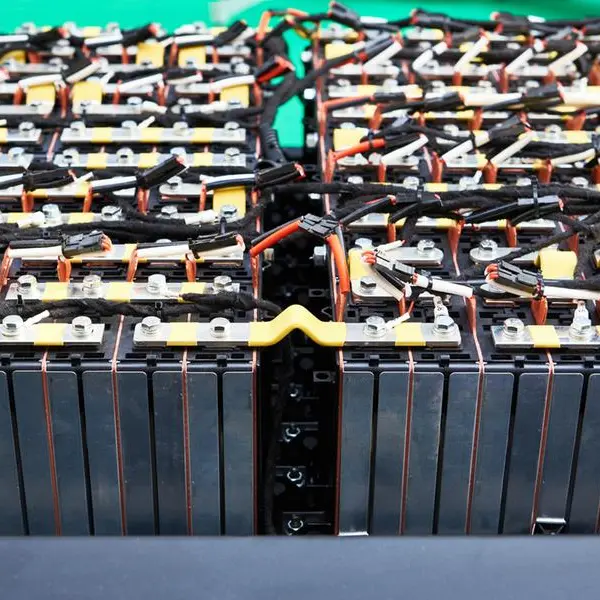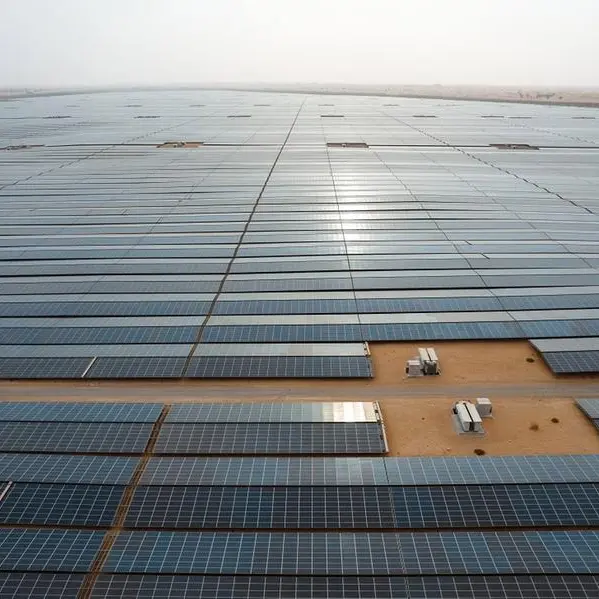PHOTO
KINSHASA - Around $7 billion of infrastructure investments in the Democratic Republic of Congo by Chinese companies in a revised minerals deal will largely depend on copper prices remaining high, details of the agreement published on Friday show.
The government of President Felix Tshisekedi pushed for a review of the 2008 infrastructure for minerals deal with Sinohydro Corp and China Railway Group to bring more benefits for Congo, the world's biggest cobalt producer.
They signed an agreement in March.
The parties agreed to maintain the current structure of their Sicomines copper and cobalt joint venture shareholding, 68% of which is held by the Chinese partners, and 32% by Congo state miner Gecamines.
The previously unpublished details of the agreement set a number of conditions for the $7 billion investment, which will include the construction of roads in a country that is largely devoid of infrastructure.
The infrastructure finance will come from Sicomines' profits, which would also be used to reimburse loans from the Chinese companies via Chinese banks to Congo on behalf of Sicomines.
Under the previous version of the agreement, 65% of the profits were to be used to repay these loans.
The parties agreed that $324 million will be invested in mostly road infrastructure every year from 2024 until 2040, but this is conditional on copper prices remaining above $8,000 a metric ton.
Three-month copper on the London Metal Exchange (LME) was trading around $9,855 a metric ton on Friday, after surging to a two-year peak of $10,208 on Tuesday.
"If the price of copper rises by at least 50% from $8,000 a ton, 30% of the additional profits made under these conditions will be devoted to financing additional infrastructure", the detailed agreement published on a government website showed.
"The parties understand and accept that Sicomines will cease to finance infrastructure projects in the event that the price of copper falls to $5,200 per tonne or less."
According to the agreement, Sicomines will continue to be exempted from paying taxes until 2040, a situation widely criticised by Congolese and international civil society organisations, that say the decision was a major loss of revenue for the state.
Congo, also the world's third-largest copper producer and holds significant deposits of lithium, tin and gold among other minerals, has undertaken to publish all mining contracts as part of a three-year programme with the International Monetary Fund.
An IMF staff mission is underway in the country until May 8 to assess the sixth and final review of this programme.
(Reporting by Sonia Rolley, additional reporting by Felix Njini Editing by Bate Felix and Emelia Sithole-Matarise)





















